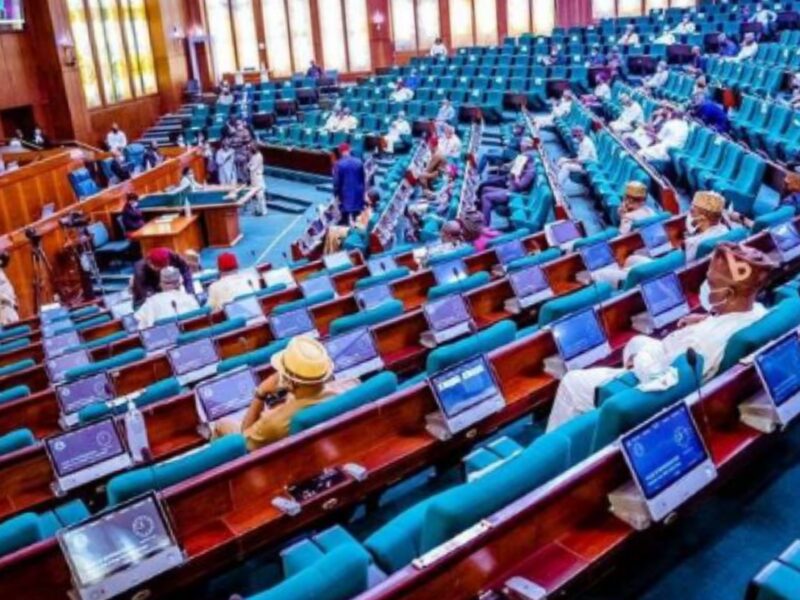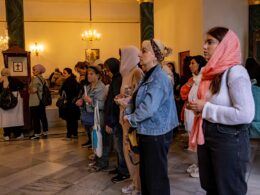Abuja, Nigeria – The Nigerian House of Representatives has taken a significant step toward restructuring local governance in Lagos State by passing the second reading of a bill seeking to upgrade the state’s 37 Local Council Development Areas (LCDAs) into fully recognized Local Government Areas (LGAs).
The proposed legislation, sponsored by prominent lawmakers including James Faleke, Babajimi Benson, Enitan Badru, and 19 others, aims to alter the 1999 Constitution to accommodate the new LGAs. If enacted, the bill—officially titled “A Bill for an Act to Alter the Constitution of the Federal Republic of Nigeria, 1999 (as amended), to Accommodate the Thirty-Seven (37) Development Area Councils of Lagos State as Full-Fledged Local Government Areas, Increasing the Total Number of Local Government Areas in the Federation to Eight Hundred and Eleven (811), and for Related Matters (HB. 1498)”—would increase Nigeria’s total number of LGAs from 774 to 811.
Implications of the Bill
One of the most notable effects of this change would be Lagos State surpassing Kano and Katsina in terms of local government structure. Currently, Kano has 44 LGAs, while Katsina has 34. If the bill is fully enacted, Lagos will have 57 LGAs, granting it a stronger administrative presence and increased federal allocations for grassroots governance.
Supporters of the bill argue that upgrading the LCDAs to LGAs will bring governance closer to the people, enhance development efforts, and improve service delivery at the local level. The 37 LCDAs were originally created in 2003 by then-Governor Bola Tinubu to address the growing population and administrative needs of Lagos State. However, the federal government has never officially recognized them as full-fledged LGAs, limiting their access to certain constitutional privileges, including direct federal funding.
Challenges and Ongoing Legislative Processes
While the bill progresses at the federal level, the Lagos State House of Assembly is simultaneously working on a separate initiative to restructure local governance. The state legislature has been considering replacing the 37 LCDAs with newly designated administrative areas, which could lead to a clash between state and federal authorities over the final structure of local governance in Lagos.
Critics of the federal bill argue that while the upgrade could improve grassroots governance, it may also spark demands from other states seeking similar recognition for their development areas, potentially leading to an unmanageable increase in the number of LGAs across the country.
For the bill to become law, it must pass through additional readings in the House and Senate, secure the approval of two-thirds of Nigeria’s 36 state legislatures, and receive presidential assent.
If successful, this constitutional amendment would mark a historic shift in Nigeria’s governance structure, reinforcing Lagos’ economic and political significance while potentially reshaping the distribution of federal resources across the country.









Join our Channel...